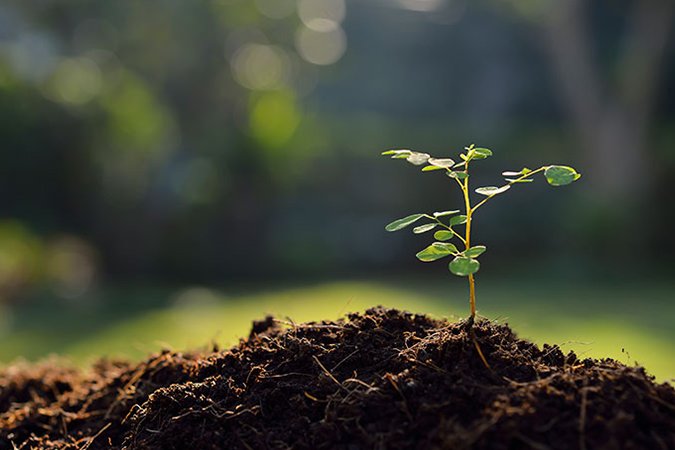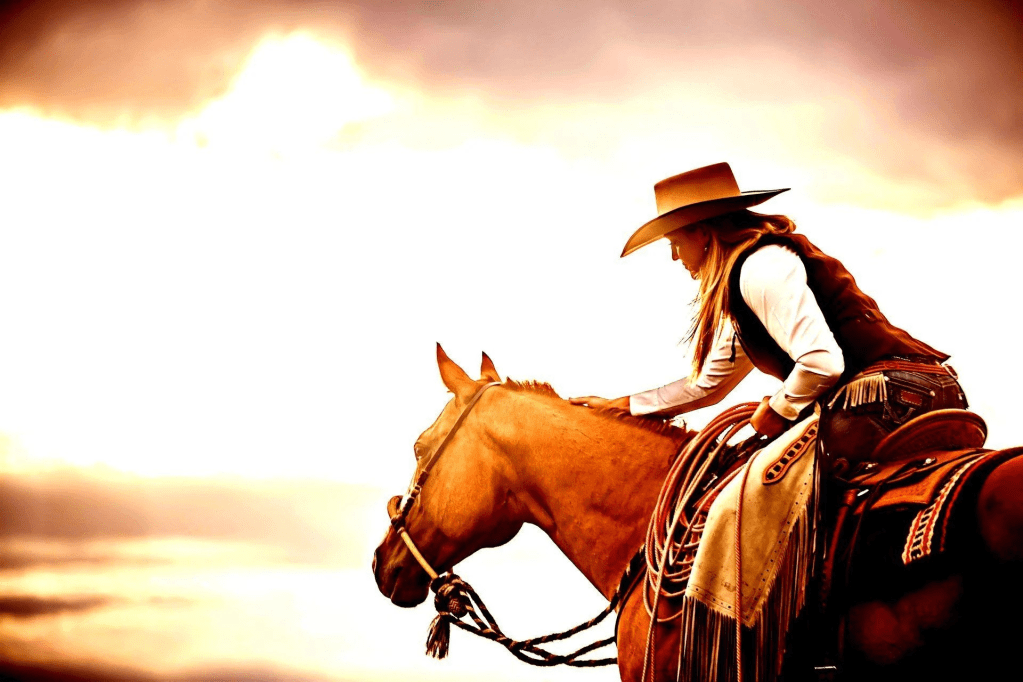The other day, I was listening to random songs on a music streaming app when a familiar one came on. As I sang along, I paid closer attention to the lyrics — being present is my new thing, after all. One line caught me: “I got a scar I can talk about.”
That lyric made me think about my own scars. First the physical ones, then the mental ones, and finally the life moments that have shaped me into someone different than I was before.
Physical Scars
I’ve only had two surgeries in my life: an appendectomy and bunion surgery. Both scars have healed, but every time I see them, I’m reminded of the pain before, the pain after, and how necessary those difficult days were to reach the comfort I feel now. They’re small reminders that healing hurts — but it’s worth it.
Mental Scars
I’ve had a pretty darn good life. I grew up in a loving, close family. I’ve always had friends. I was raised with warmth and support. But even with a good life, certain moments leave marks.
One of my earliest mental scars came from a friend who told me she couldn’t be my friend anymore — for no reason at all. It took me forty years to understand that her actions had nothing to do with me. People don’t intentionally exclude me. How others treat you and what they say about you is a reflection of them, not you.
Another scar came from a relationship that made me feel like I was losing my mind. I became convinced I wasn’t normal, that something was wrong with me. I wanted so badly to be “normal” — to communicate well, to live without constant stress. In my search for clarity, I went to therapy. One day my therapist said, “There is nothing wrong with you. You are the most normal patient I have ever had.”
WOW.
You mean I’m not the angry one?
I’m not the one who can’t communicate?
That relationships aren’t 50/50 — they’re 100/100?
A few days later, I was being yelled at for being angry when I hadn’t expressed any emotion at all. I mentally stepped outside the moment, watching it like a fly on the wall. He was telling me how I felt — but how could he know? I was the only one who could name my feelings. And in that moment, I wasn’t angry. I wasn’t upset. I was calm.
Yet there he was, red-faced, nearly exploding, desperate to provoke a reaction.
From that moment on, no one gets to tell me how I feel.
Life-Changing Moments
Have you ever been told you’re not the same person you used to be? Have you ever felt it yourself?
In my early thirties, a friend moved in with me for a few months. She was an alcoholic. I had never lived with someone struggling like that. Watching her destructive behavior changed me. I remember sitting on my back porch wondering why I felt different — why I wasn’t as happy or giggly anymore. Seeing my best friend nearly kill herself forced me to grow up fast.
The next life-changing moment happened four years ago today. I had woven myself into so many lies and dug myself into so many holes that I finally hit rock bottom. At the time, I wanted nothing more than to disappear. I fantasized about my death and how people would react. But then I realized I would cause far more pain by leaving than by facing my demons and accepting the consequences I deserved.
So I made a commitment:
To start over.
To be 100% true to myself and to everyone around me.
I read over 200 books. I studied religious books. I watched people transform their lives and become honest with themselves. And I followed that path.
tRUE
The word tRUE became my motto — a blend of true and rue.
- True: Something that matches reality; genuine, accurate, loyal.
- Rue: To feel sorrow, remorse, or regret about an action.
Because I felt deep remorse for my past actions, I promised myself I would be real and genuine moving forward.
And I have kept that promise.
I am not the same person I was four years ago — thank goodness. During the hardest two and a half years, I kept daily journals. I still reread them to remind myself of my struggles and my growth. Every action I’ve taken since then has been intentional. I understand the consequences of my choices. I allow myself to be different from others. I allow myself to be imperfect.
And I have never been happier being 100% tRUE.











